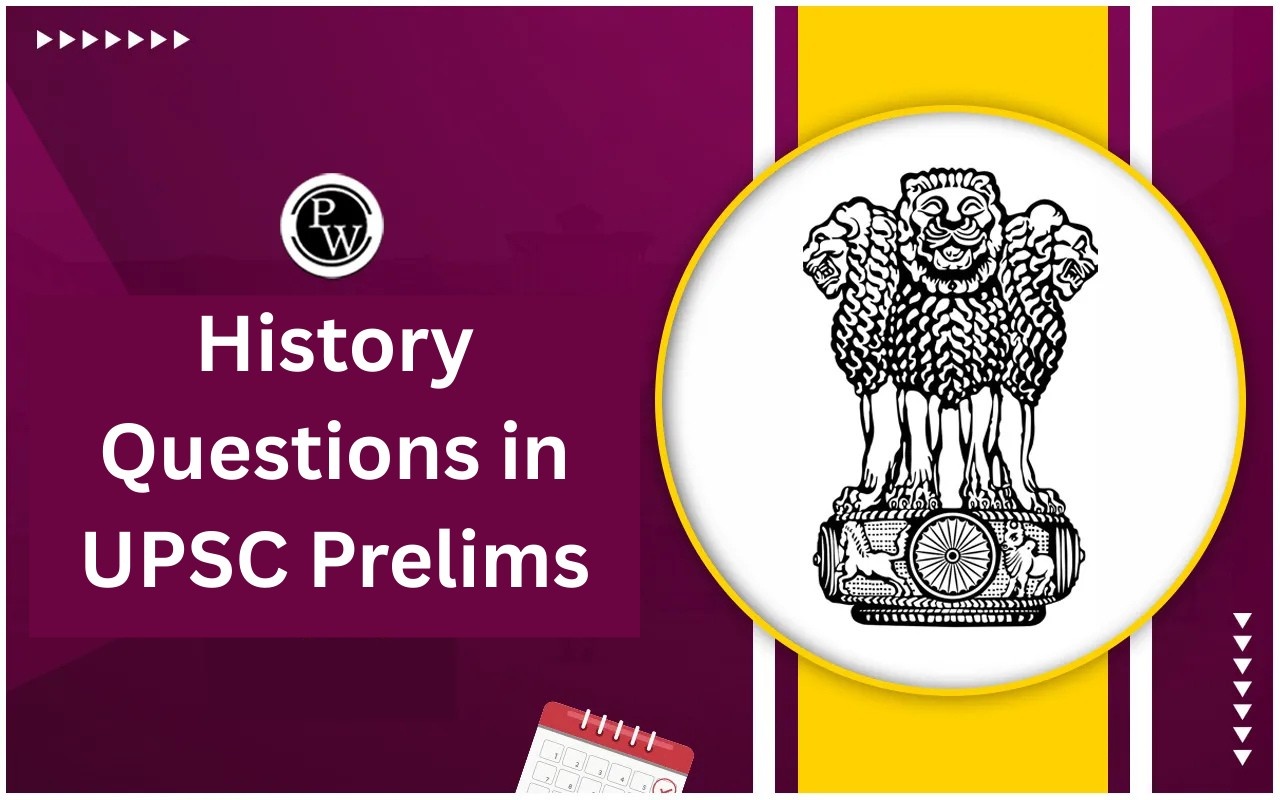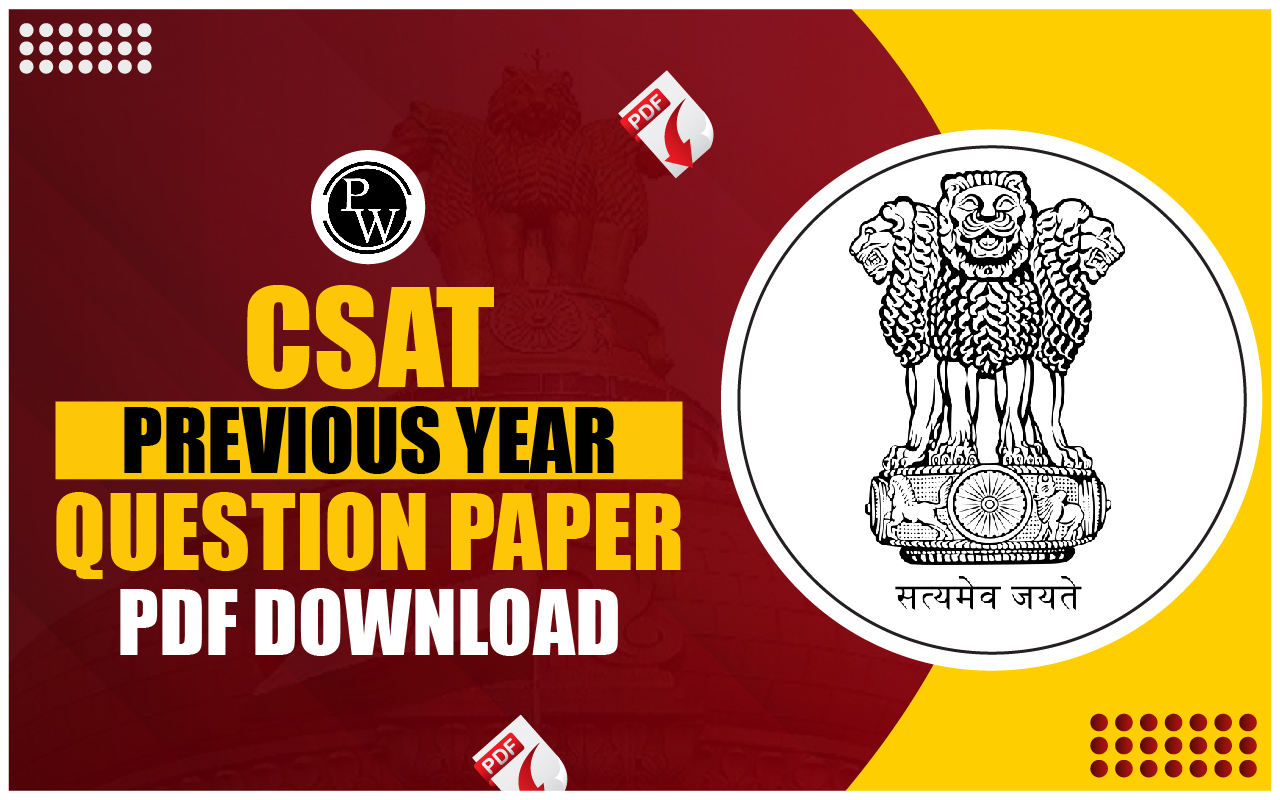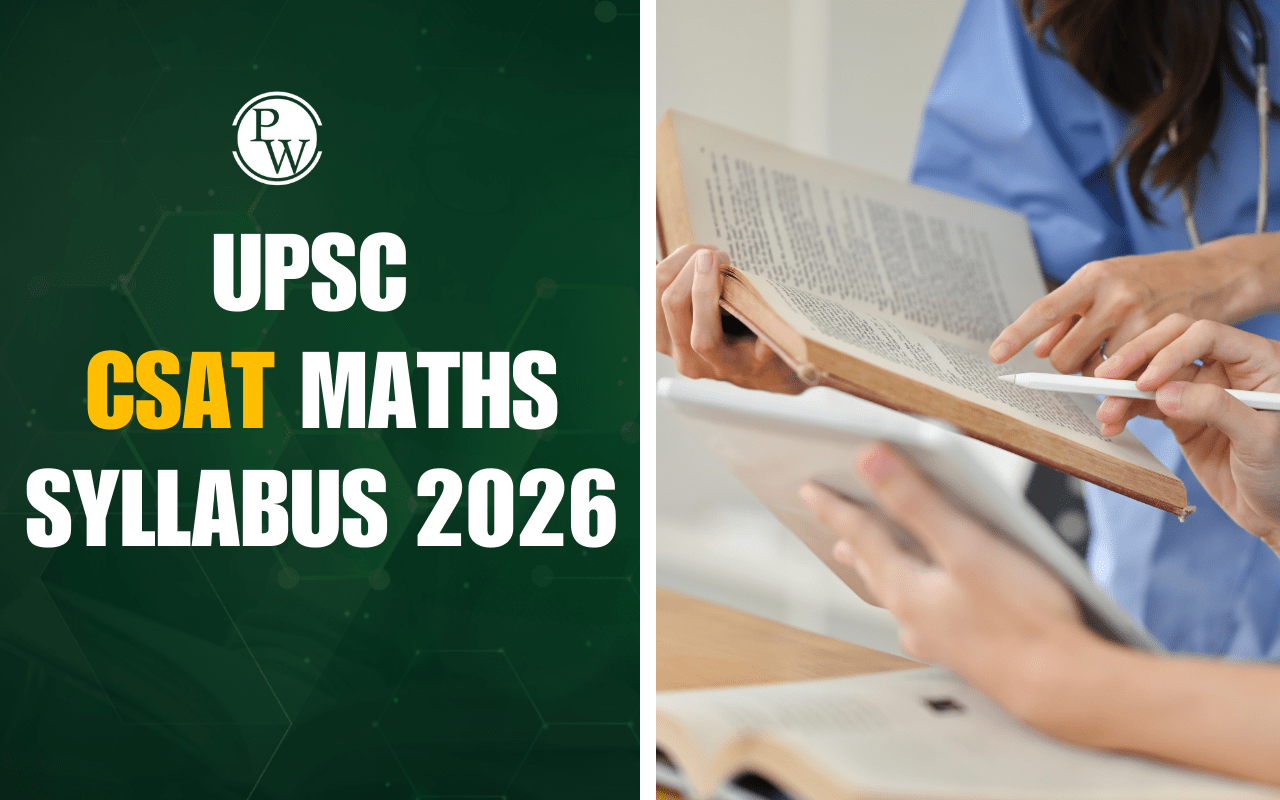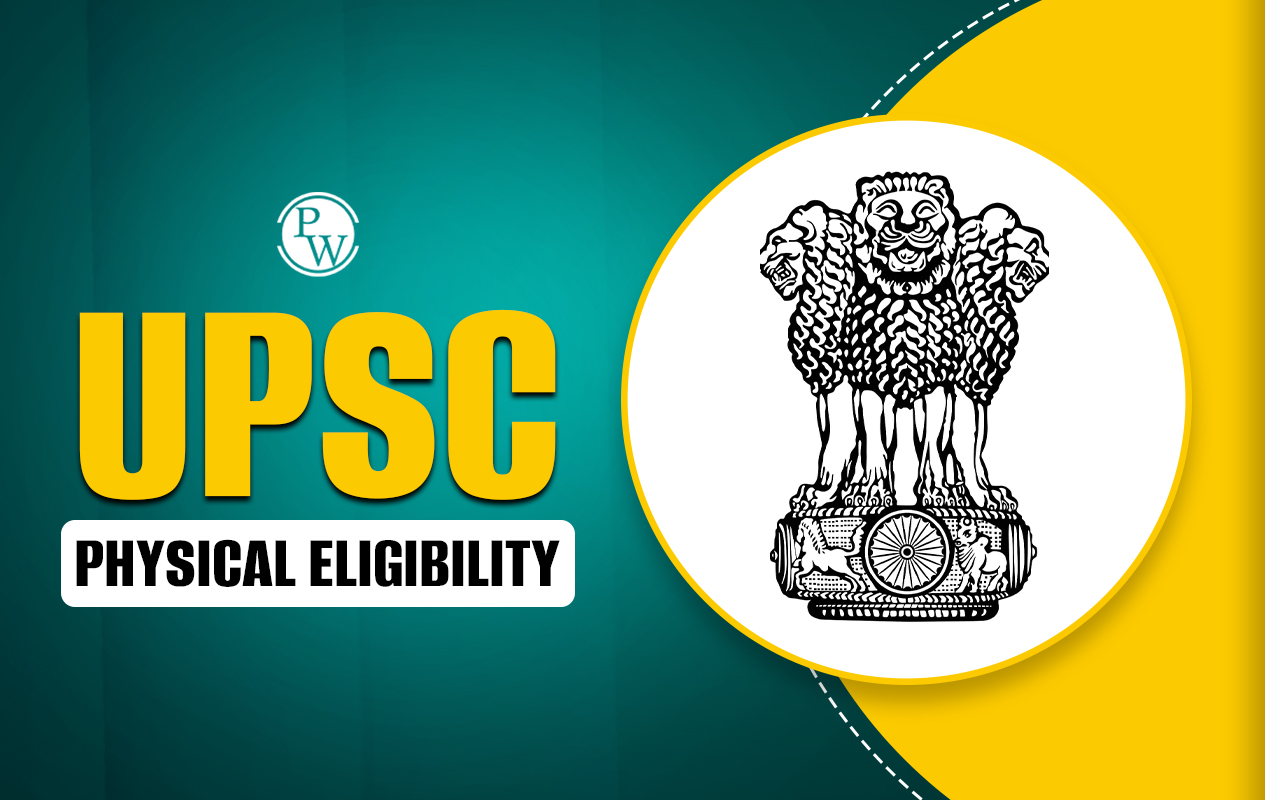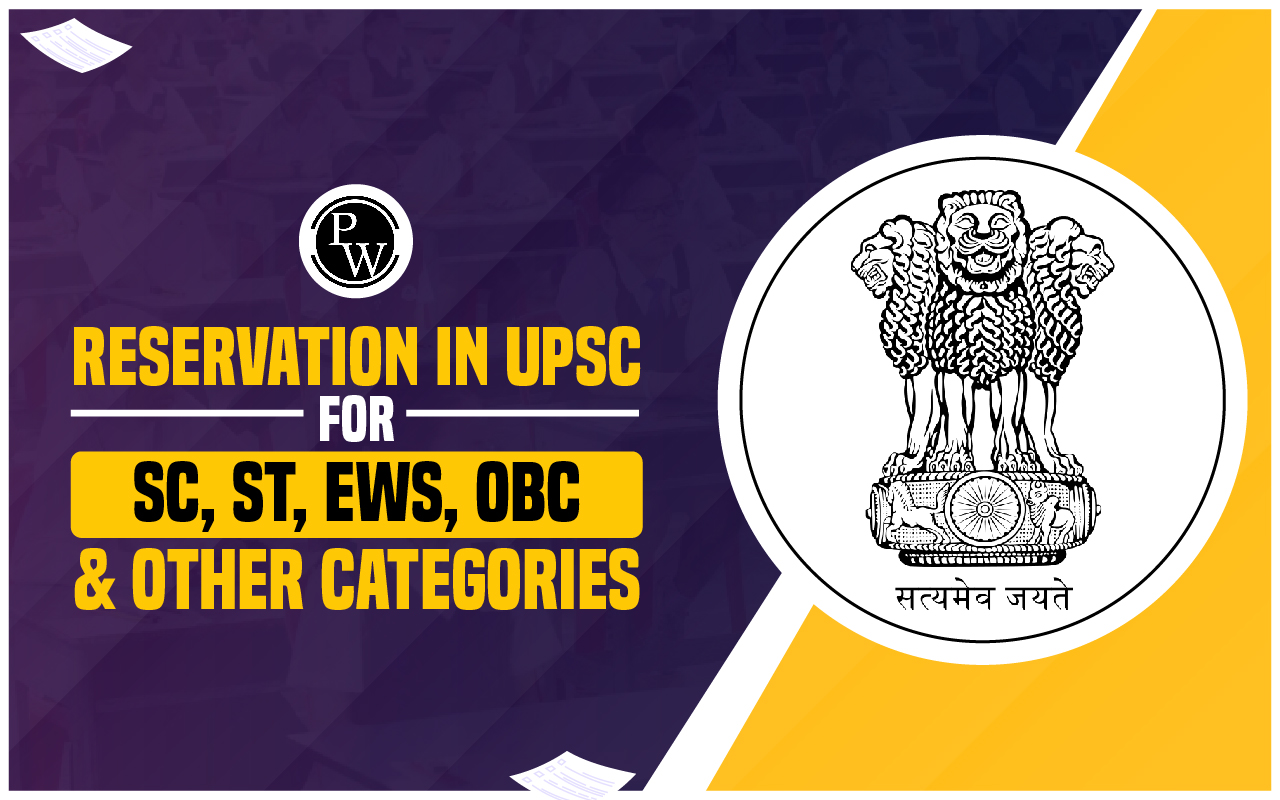
Constitutional Bodies in India : In the UPSC CSE exam , questions often revolve around the roles, functions, and significance of some of the most important Constitutional Bodies in India. These institutions derive their authority directly from the Constitution of India.
Constitutional bodies in India are essential pillars of the Constitution, meant to uphold the laws, rights, and governance systems outlined in the document. Find out more about constitutional bodies in India, what they are, how they function, and how they differ from non-constitutional bodies here.About Constitutional Bodies in India
Constitutional Bodies in India are institutions or bodies that derive their powers and existence directly from the Constitution . Their functions, duties, and structures are well-defined in the Constitution, ensuring they operate autonomously and impartially. Constitutional Bodies in India play key roles in maintaining checks and balances within the governmental framework. UPSC often asks questions in Prelims and Mains based on the roles, functions, and significance of these bodies, making it an important topic for aspirants.List of Constitutional Bodies in India
Each constitutional body has specific roles crucial to maintaining the integrity of the country's governance. Here's a detailed constitutional bodies list that will help you in your UPSC preparation:1. Election Commission of India (ECI)
The Election Commission of India is responsible for conducting free and fair elections across the country.| Election Commission | |
| Constitutional Provision | Article 324 |
| Established | 1950 |
| Purpose | Ensure fair elections for Parliament and State Legislatures |
| Composition | Chief Election Commissioner (CEC) + Other Commissioners |
| Current Structure | Chief Election Commissioner and Two Election Commissioners |
| Appointment | By the President of India on the recommendation of a three-member committee consisting of
|
| Tenure | Six years or until age 65 |
| Duties | Superintendence, direction, and control of elections to Parliament, State Legislatures, and the offices of the President and Vice-President of India |
| Removal | CEC: Same manner and on the same grounds as a judge of the Supreme Court. Other EC : Recommendation of the CEC |
| Post-Tenure Appointment | Eligible |
| Exclusions | Not for panchayat/municipal elections; handled by State Election Commissions |
2. Union Public Service Commission (UPSC)
The Union Public Service Commission (UPSC) is India's central recruitment agency, established by the Constitution.| Union Public Service Commission | |
| Constitutional Provision | Articles 315 to 323 |
| Purpose | Serves as the 'watchdog of merit' in recruitment |
| Composition | Consists of a chairman and other members appointed by the President, typically 9 to 11 members in total. |
| Condition | Half of the members must have held office for at least ten years under the Government of India or a state government. |
| Appointment | Appointed by the President |
| Tenure | Members serve for 6 years or until they turn 65, whichever comes first; they can resign by writing to the President. |
| Duties | Conducts examinations for all-India and Central services, assists states with joint recruitment and advises on recruitment processes and disciplinary matters. |
| Removal | The President can remove members for insolvency, engaging in outside employment, unfitness, or misbehavior (following a Supreme Court inquiry). |
| Post-Tenure Appointment |
|
| Limitations | Not consulted on reservations, specific group appointments, or temporary positions. |
3. State Public Service Commission (SPSC)
Next on the list of Constitutional Bodies in India is the State Public Service Commission which functions similarly to UPSC.| State Public Service Commission | |
| Constitutional Provision | Articles 315 to 323 |
| Purpose | Serves as the 'watchdog of merit' in recruitment |
| Composition | Chairman and members as determined by the governor |
| Appointment | By the Governor of the particular state |
| Tenure | Six years or until age 62, whichever is earlier. |
| Duties | Conducts state service exams; advises on recruitment, promotions, transfers, and disciplinary matters; handles legal and pension claims. |
| Removal | By the president for insolvency, misconduct, or unfitness; requires Supreme Court inquiry for misconduct. |
| Resignation | To the Governor |
| Post-Tenure Appointment | Chairman ineligible for further government roles; other members can be appointed as chairmen of UPSC or another SPSC but cannot hold other governmental positions. |
| Limitations | Not consulted on reservations for backward classes or SC/ST claims; the governor can exempt posts from SPSC consultation. |
4. Finance Commission of India (FCI)
The Finance Commission is one of the most important constitutional bodies in India which is constituted every fifth year or at such earlier depending on the requirement.| Finance Commission | |
| Constitutional Provision | Quasi judicial body under Article 280 |
| Composition | Consists of a chairman and four members appointed by the President; members are eligible for reappointment. |
| Appointment | By President |
| Qualifications | Chairman: Experience in public affairs. Members: 1. Judge or eligible to be appointed as one. 2. Specialized in finance/accounts. 3. Experience in financial matters and administration. 4. Special knowledge of economics. |
| Tenure | Specified by the President |
| Functions | Recommendations on: 1. Distribution of net tax proceeds between the Centre and states. 2. Grants-in-aid principles to states. 3. Augmenting state consolidated funds for local bodies. 4. Other matters referred by the President. |
| Post-Tenure Appointment | Eligible |
| Reporting | Submits report to the President, who presents it to Parliament |
5. Goods and Services Tax Council (GST Council)
GST Council was established by the 101st Amendment Act of 2016 under the new tax regime.| Goods and Services Tax Council | |
| Constitutional Provision | Article 279-A |
| Composition |
|
| Vision | To establish co-operative federalism and set high standards in GST functioning. |
| Secretariat | New Delhi |
| Secretary | Union Revenue Secretary serves as the ex-officio Secretary. |
| Functions | Recommendations on: 1. Taxes and surcharges merging into GST. 2. Goods and services subject to/exempt from GST. 3. Model GST laws and principles. 4. Exemption thresholds. 5. GST rates. 6. Special rates during calamities. 7. Provisions for certain states. 8. Any other GST-related matters. |
| Decision | Majority decision of three-fourths of weighted votes:
|
| Quorum | One-half of total members for conducting meetings. |
6. National Commission for Scheduled Castes (NCSC)
In the list of constitutional bodies in India, the next one is the National Commission for SC, which established by the 89th Amendment.| National Commission for Scheduled Caste | |
| Constitutional Provision | Article 338 |
| Composition | Chairperson, Vice-Chairperson, and three other members. |
| Appointment | Appointed by the President |
| Tenure | 3 years |
| Post-Tenure Appointment | Not eligible for more than two terms. |
| Functions | 1. Investigate and monitor constitutional safeguards for SCs. 2. Inquire into complaints regarding deprivation of rights. 3. Advise on socioeconomic development planning for SCs. 4. Present reports to the President. 5. Recommend measures for effective implementation of safeguards. 6. Perform additional functions as specified by the President. |
| Reporting | Annual reports to the President |
7. National Commission for Scheduled Tribes (NCST)
Similar to NCSC, the National Commission for Scheduled Tribes (NCST) is a constitutional body established under Article 338-A of the Constitution of India.| National Commission for Scheduled Tribes | |
| Constitutional Provision | Article 338-A |
| Composition | Chairperson, Vice-Chairperson, and three other members. |
| Appointment | Appointed by the President |
| Tenure | 3 years |
| Post-Tenure Appointment | Not eligible for more than two terms. |
| Functions | 1. Investigate and monitor constitutional and legal safeguards for STs. 2. Inquire into specific complaints regarding the deprivation of rights of STs. 3. Participate in the planning and evaluation of socioeconomic development of STs. 4. Present reports to the President regarding the effectiveness of safeguards. 5. Recommend measures for the welfare and advancement of STs. |
| Reporting | Annual reports to the President |
8. National Commission for Backward Classes (NCBC)
Among the constitutional bodies in India, the NCBC is dedicated to the welfare and rights of OBCs in India.| National Commission for Backward Classes | |
| Constitutional Provision | Article 338-B |
| Establishment | Statutory body in 1993 and later granted constitutional status by the 102nd Constitutional Amendment Act in 2018. |
| Composition | Chairperson, Vice-Chairperson, and three other members. |
| Appointment | Appointed by the President |
| Tenure | 3 years |
| Post-Tenure Appointment | Not eligible for more than two terms. |
| Functions | 1. Examine requests for inclusion in the Central OBC list. 2. Monitor the implementation of welfare schemes for OBCs. 3. Investigate complaints regarding the deprivation of rights and safeguards for OBCs. 4. Present reports to the President on the effectiveness of safeguards and recommend measures for the advancement of OBCs. |
| Reporting | Annual reports to the President |
9. Special Officer for Linguistic Minorities (SOLM)
The Special Officer for Linguistic Minorities is dedicated to safeguarding the rights and interests of linguistic minorities in India.| Special Officer for Linguistic Minorities | |
| Constitutional Provision | Article 350-B |
| Establishment | Seventh Constitutional Amendment (1956) |
| Ministry | Ministry of Minority Affairs. |
| Appointment | Appointed by the President of India. |
| Headquarters | Allahabad, Uttar Pradesh, with regional offices in Belgaum, Chennai, and Kolkata |
| Composition | Commissioner for Linguistic Minorities (CLM) |
| Functions | 1. Investigate matters related to safeguards for linguistic minorities. 2. Submit reports on implementation status. 3. Monitor through questionnaires, visits, and meetings. |
| Reporting | Submits reports to the President, who presents them to Parliament and state governments. |
10. Comptroller and Auditor General of India (CAG)
CAG is one of the most powerful constitutional bodies in India and serves as the guardian of the public purse.| Comptroller and Auditor General | |
| Constitutional Provision | Article 148 to Article 151 |
| Appointment | Appointed by the President of India. |
| Tenure | Six years or until the age of 65, whichever is earlier. |
| Oath/Affirmation | Must uphold the Constitution and perform duties without fear or favor. |
| Post-Tenure Appointment | No further government office after term. |
| Salary | Equal to a Supreme Court judge |
| Functions | Audits accounts of Union, states, and local authorities; audits expenditures from various funds; certifies tax proceeds; submits reports to President and Governors. |
| Reporting | Submits reports on appropriation accounts, finance accounts, and public undertakings to the President. |
| Removal | By the President in the same ground and manner as a judge of the Supreme Court |
11. Attorney General of India (AGI)
The Attorney General of India (AGI) is an important constitutional office that serves as the chief legal advisor to the Government of India and is the highest-ranking law officer in the country.| Attorney General of India | |
| Constitutional Provision | Article 76, Article 88, Article 105 |
| Appointment | By the President |
| Qualification | Must be qualified to be a Supreme Court judge. |
| Term | No fixed term; holds office during the pleasure of the President. |
| Remuneration | Not fixed by the Constitution; determined by the President. |
| Functions | 1. Advise the Government of India on legal matters. 2. Perform duties assigned by the President. 3. Discharge functions under the Constitution or laws. |
| Rights | Has right of audience in all courts; can participate in Parliamentary proceedings (without voting rights). |
| Removal | Can be removed by the President at any time; no formal procedure specified. |
12. Advocate General of the State (AG)
The Advocate General is a key constitutional authority who serves as the chief legal advisor to the state government.| Advocate General | |
| Constitutional Provision | Article 165, Article 177, Article 194 |
| Appointment | Appointed by the Governor of the state |
| Qualification | Must be a citizen of India; must have held a judicial office for 10 years or been a high court advocate for 10 years |
| Term | Not fixed; holds office during the pleasure of the Governor |
| Remuneration | Determined by the Governor; not fixed by the Constitution |
| Functions |
|
| Position | Highest law officer in the state |
| Removal | Governor can remove the AGl at any time; resignation submitted to the Governor |
Constitutional Bodies vs Non Constitutional Bodies
Along with the constitutional bodies in India, several non-constitutional bodies play an equally important role. Here are the major differences among two:| Constitutional Bodies vs Non Constitutional Bodies | ||
| Aspect | Constitutional Bodies | Non-Constitutional Bodies |
| Definition | Established by the Constitution of India | Established by an act of Parliament or through administrative orders |
| Examples | EC, CAG, NCST, NCSC, etc. | NITI Aayog, NHRC, NIA |
| Tenure | Defined by the Constitution or specific legislation | Tenure may vary based on the setting up authority |
| Powers | Powers derived from the Constitution | Powers determined by the enabling legislation or administrative guidelines |
| Independence | Generally independent; protected by constitutional provisions | Varies; often subject to government control |
| Accountability | Accountable to Parliament and the Constitution | Accountable to the executive or the body that created them |
| UPSC Related Articles | ||
| NCERTs for UPSC CSE | UPSC Optional Subjects | Indian Civil Service |
| UPSC Mains Syllabus | UPSC Exam Analysis | UPSC Result 2024 |
Constitutional Bodies in India FAQs
What are Constitutional Bodies?
Constitutional Bodies are institutions or bodies created by the Constitution of India to perform specific functions.
How many Constitutional Bodies are there in India?
There are 20 constitutional bodies in India, including ECI, UPSC, FC, and CAG.
What is the role of the UPSC?
The Union Public Service Commission (UPSC) recruits candidates for civil services and other government positions at the national level.
What is the difference between Constitutional and Non-Constitutional Bodies?
Constitutional Bodies derive their existence from the Constitution, whereas Non-Constitutional Bodies are formed by executive orders or acts of Parliament.
Which body ensures free and fair elections in India?
The Election Commission of India is responsible for conducting free and fair elections across the country.
Talk to a counsellorHave doubts? Our support team will be happy to assist you!

Check out these Related Articles
Free Learning Resources
PW Books
Notes (Class 10-12)
PW Study Materials
Notes (Class 6-9)
Ncert Solutions
Govt Exams
Class 6th to 12th Online Courses
Govt Job Exams Courses
UPSC Coaching
Defence Exam Coaching
Gate Exam Coaching
Other Exams
Know about Physics Wallah
Physics Wallah is an Indian edtech platform that provides accessible & comprehensive learning experiences to students from Class 6th to postgraduate level. We also provide extensive NCERT solutions, sample paper, NEET, JEE Mains, BITSAT previous year papers & more such resources to students. Physics Wallah also caters to over 3.5 million registered students and over 78 lakh+ Youtube subscribers with 4.8 rating on its app.
We Stand Out because
We provide students with intensive courses with India’s qualified & experienced faculties & mentors. PW strives to make the learning experience comprehensive and accessible for students of all sections of society. We believe in empowering every single student who couldn't dream of a good career in engineering and medical field earlier.
Our Key Focus Areas
Physics Wallah's main focus is to make the learning experience as economical as possible for all students. With our affordable courses like Lakshya, Udaan and Arjuna and many others, we have been able to provide a platform for lakhs of aspirants. From providing Chemistry, Maths, Physics formula to giving e-books of eminent authors like RD Sharma, RS Aggarwal and Lakhmir Singh, PW focuses on every single student's need for preparation.
What Makes Us Different
Physics Wallah strives to develop a comprehensive pedagogical structure for students, where they get a state-of-the-art learning experience with study material and resources. Apart from catering students preparing for JEE Mains and NEET, PW also provides study material for each state board like Uttar Pradesh, Bihar, and others
Copyright © 2026 Physicswallah Limited All rights reserved.



